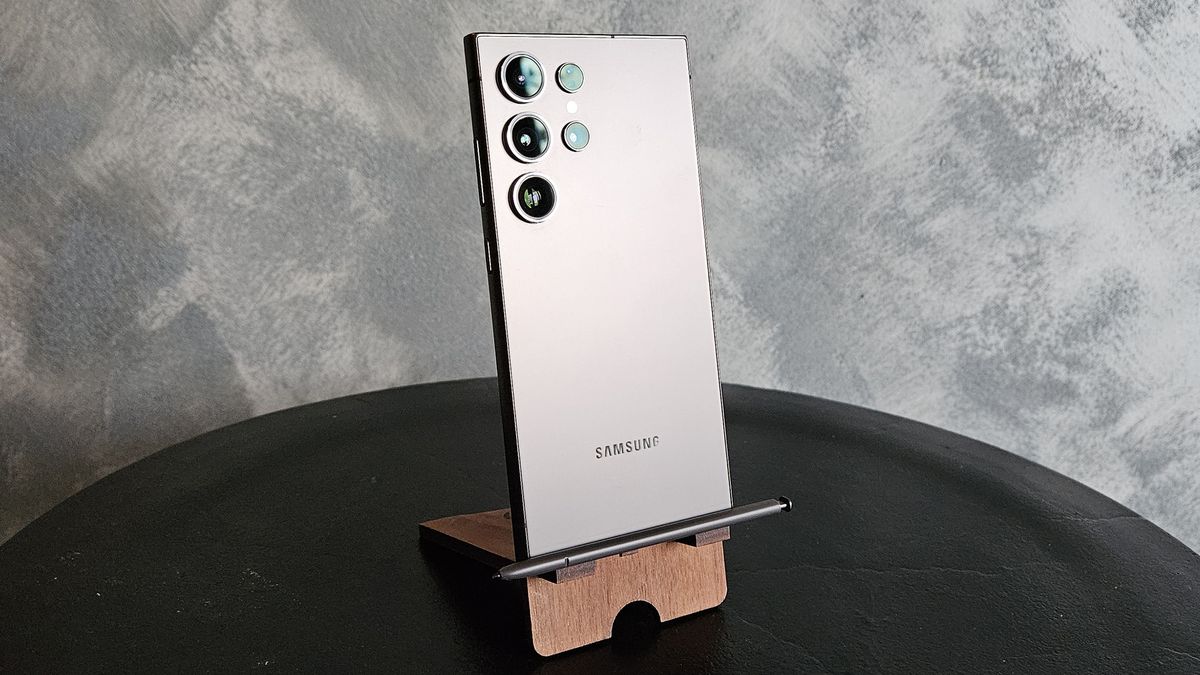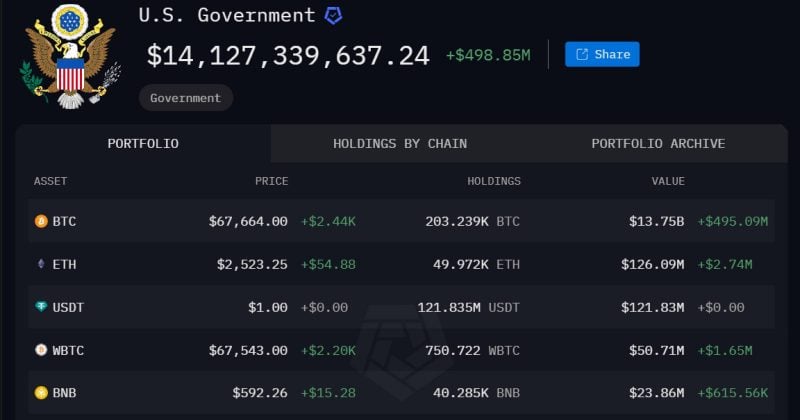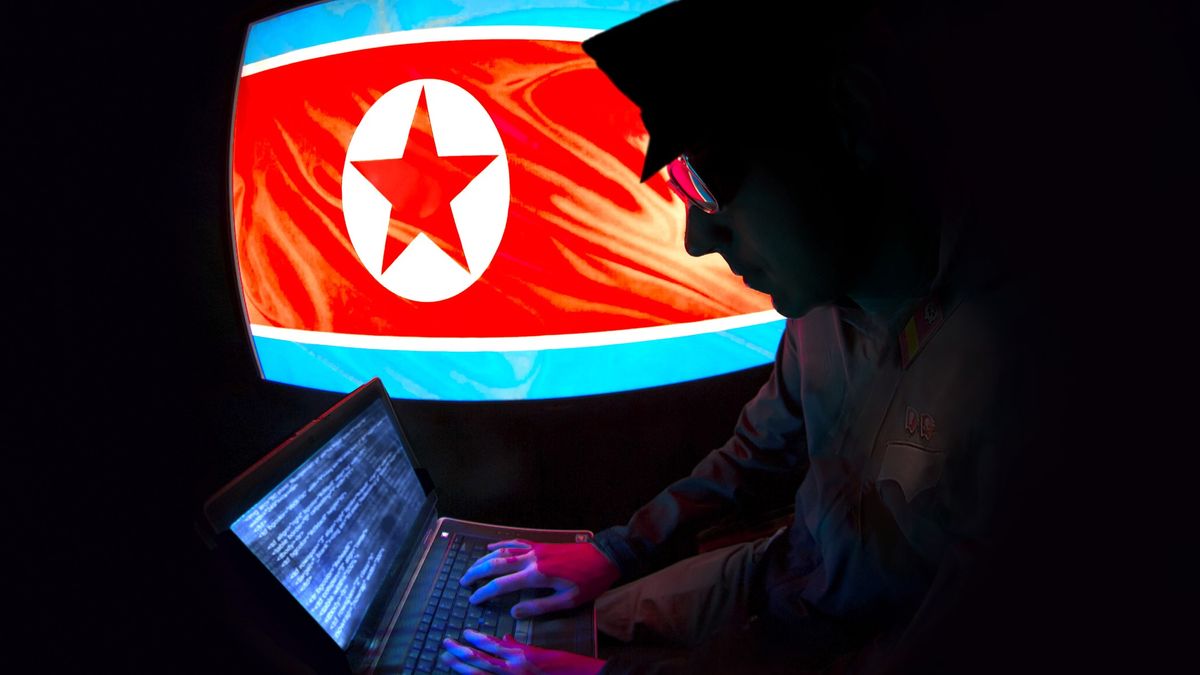Joker: Folie à Deux has made its buzzy debut at the Venice Film Festival, and while a festival premiere makes a lot of sense for the follow-up to Warner Bros.’ Oscar-winning Joaquin Phoenix standalone take on Batman’s most legendary foe, it doesn’t seem critics in Italy are quite as high on the sequel as they were on the first film.
The first reviews for Phillips’ continuation of the 2019 movie don’t paint the same particular picture of worry over the film’s violent messages this time around, but instead suggest a sequel that struggles to build on what made the original so captivating in the first place. And, it seems, manages to waste some of its biggest opportunities in the from of introducing Lady Gaga’s spin on Harley Quinn—which maybe makes some of the stars’ peculiar insistence that the musical movie they made is, in fact, not really a musical in spite of having the trappings of one.
“Once again, Phillips has made a movie that Joker himself would probably approve of. This time, however, I’m much less convinced that other people will share the same enthusiasm for it,” reads David Erlich’s scathing review at Indiewire. “At no point does Phillips’ pleasure-denying concept become sophisticated or rewarding enough to justify the agony of sitting through it.”
This idea of Folie à Deux as a response to Phoenix’s portrayal of Arthur Fleck and his status as a cult hero by the end of the first film is felt throughout both positive and negative appraisals of the sequel. “In Joker: Folie à Deux, Phillips isn’t taking any chances. He has devoted his sequel to the message that Fleck is a wimpy, self-centred stooge who lets down everyone around him. He’s a nobody,” concludes the BBC’s Nicholas Barber. “Depending on how you look at it, this demythologising exercise is either daring or it’s irritatingly smug, but it’s definitely not much fun. Phillips seems to be saying that if you fell for Fleck’s Messianic self-image the last time around, then the joke’s on you.”
“What’s most impressive about Joker: Folie à Deux is the way Phillips willingly undercuts his own billion-dollar blockbuster. He’s looking inward. Arthur is looking inward,” writes William Bibbiani in his positive review for the Wrap. “Hopefully the audience will too, and question why they care so much about Arthur Fleck in the first place. Do we really love Arthur or do we just love how his story, itself a glorified TV melodrama about a sad person committing sad crimes for the sake of a sad rubbernecking audience, makes us feel about ourselves?”
“In blocking the Joker from his maniacal dissemination of mayhem on the Gotham City streets, the movie all but neutralizes him,” adds the Hollywood Reporter’s David Rooney. “Not to get too spoiler-y, but even more than its predecessor, the sequel reduces the archvillain to a hollowed-out product of childhood trauma and mental illness. Which means there’s little we didn’t learn last time. Even the dance interludes are carried over from Joker.”
“After an initial hour set entirely within Arkham’s walls, the sequel becomes a kind of referendum on the first Joker, though not in any meaningful, transformative way. Rather, it’s merely an extension of the first film’s plot in the most plodding and literal fashion. For a film that’s almost entirely liberated from its comic book source material, Joker: Folie à Deux is oddly constrained by its own predecessor,” highlights Siddhant Adlakha for IGN.
One area where critics are unanimous however, regardless of their overall feeling on the film, is that Lady Gaga’s Harleen “Lee” Quinzel is an absolute highlight of the film—and yet also criminally underused. “Lady Gaga brings a sly and manipulative malice to her role: Harley is secretive, smart and genuinely disturbed in a way that Arthur/Joker perhaps isn’t. Is she to be the Lady Macbeth of DC supervillainy,” asks Peter Bradshaw’s three-star review for the Guardian. “Sort of. The story as constructed doesn’t give her character much of a chance at development—in that direction or any other. And it is possible to feel very restless during the final section and wonder whether anything remotely plausible, sad, funny or unexpected will be revealed about Arthur, given that the film’s body language insists on its mythic importance.”
“Gaga is smartly low key, not the Harley Quinn we associate with Margot Robbie, but her own person,” reads Pete Hammond’s positive review for Deadline, “dressed down and believably showing affection and connection with Joker, and more important, the man behind the makeup.”
“Gaga is a compelling live-wire presence, splitting the difference between affinity and obsession, while endearingly giving Arthur a shot of joy and hope that has him singing ‘When You’re Smiling’ on his way to court,” Rooney adds. “Their musical numbers, both duets and solos, have a vitality that the more often dour film desperately needs.”
“In theory, it might sound like a delightfully chaotic idea to troll audiences by introducing Lady Gaga as Joker’s partner in madness, only to then relegate her to the sidelines for most of the story in favor of endless trial scenes that literally relitigate the events of the previous film,” Erlich explains. “In practice, Phillips’ decision to cast a generational superstar in a role that seems designed to maximize both her supreme talents as a singer and her all-consuming screen presence as an actress just so he can sit her in the background of a courtroom whenever he’s not cutting her musical numbers off at the knees… well, it’s a lot more criminal than anything Arthur Fleck ever does in this movie.”
“The revelation of the movie is Gaga as Lee: on a technical level, it’s so impressive to see how the actress and musician modulates her talent and abilities,” reads Bill Bria’s review at /Film. “To better suit the film’s aesthetic (and match Phoenix’s method of performing his songs in character), Gaga lets Lee have a breathy, pitchy style to her singing, only opening up the throttle during some of the fantasy musical numbers. It’s a performance that recalls Ellen Greene’s Audrey in Little Shop of Horrors, demonstrating Gaga’s huge range.”
No doubt we’ll hear more on either side of the spectrum for Folie à Deux as we draw closer to its release date exactly one month from now on October 4. But with the film, as of writing, sitting at a 52 average on Metacritic—just shy of the original film’s 59—it’ll be interesting to see just how wider audiences reactions to the film play out, and if we’re in for a repeat of the divide that propelled the first film to award season and box office success.
Want more io9 news? Check out when to expect the latest Marvel, Star Wars, and Star Trek releases, what’s next for the DC Universe on film and TV, and everything you need to know about the future of Doctor Who.







:quality(85):upscale()/2024/04/23/168/n/1922729/c25e1f0466287646972468.55359538_.jpg)

 English (US) ·
English (US) ·